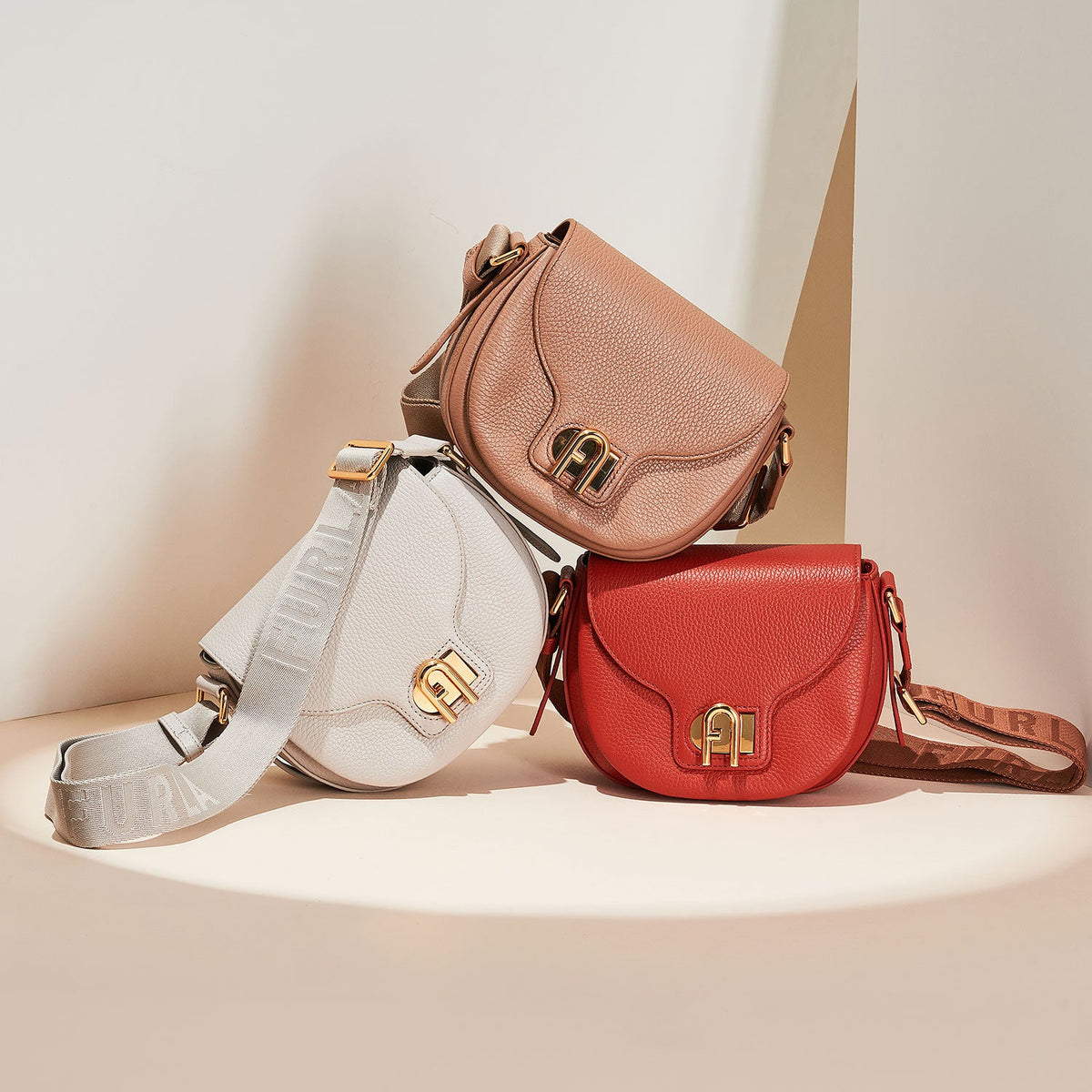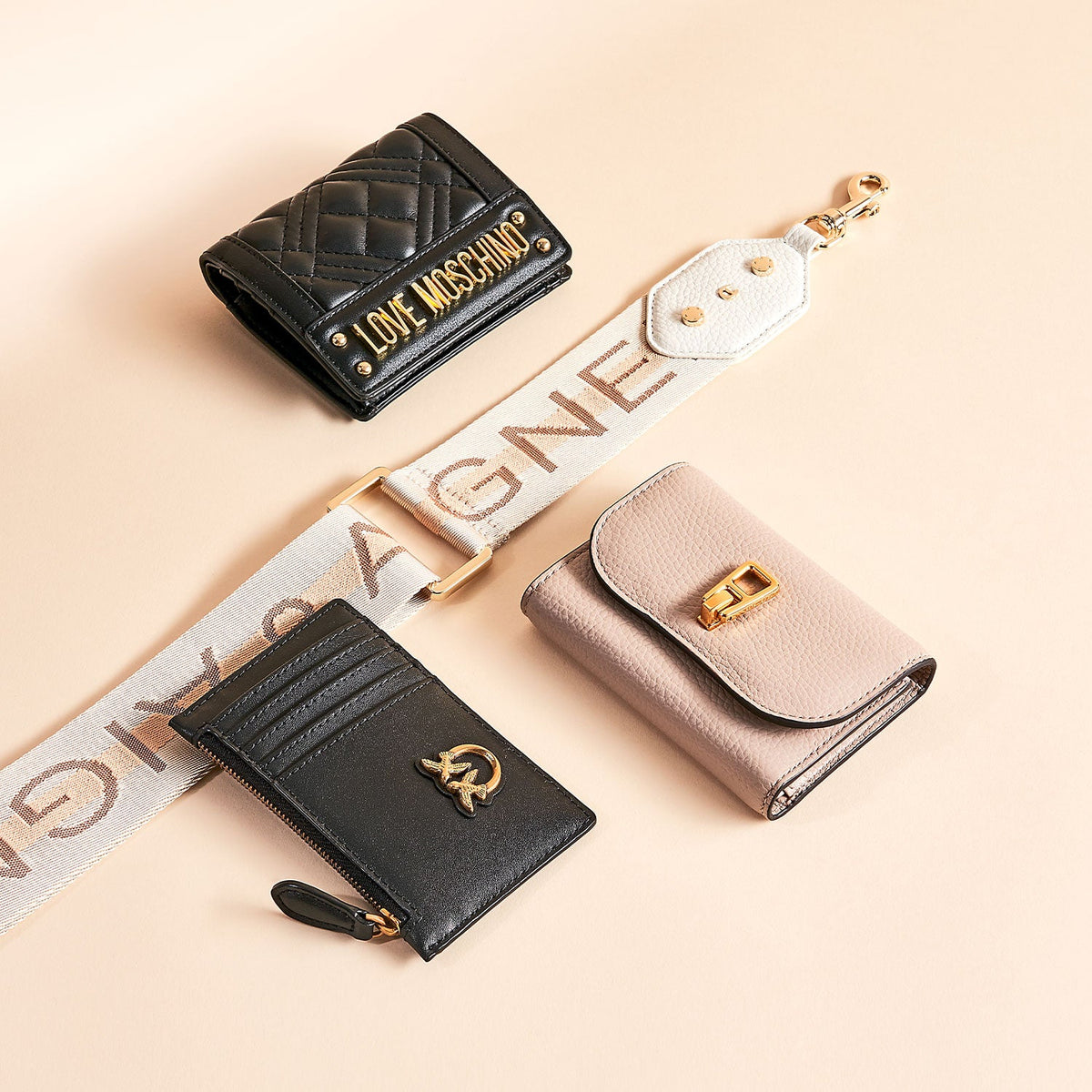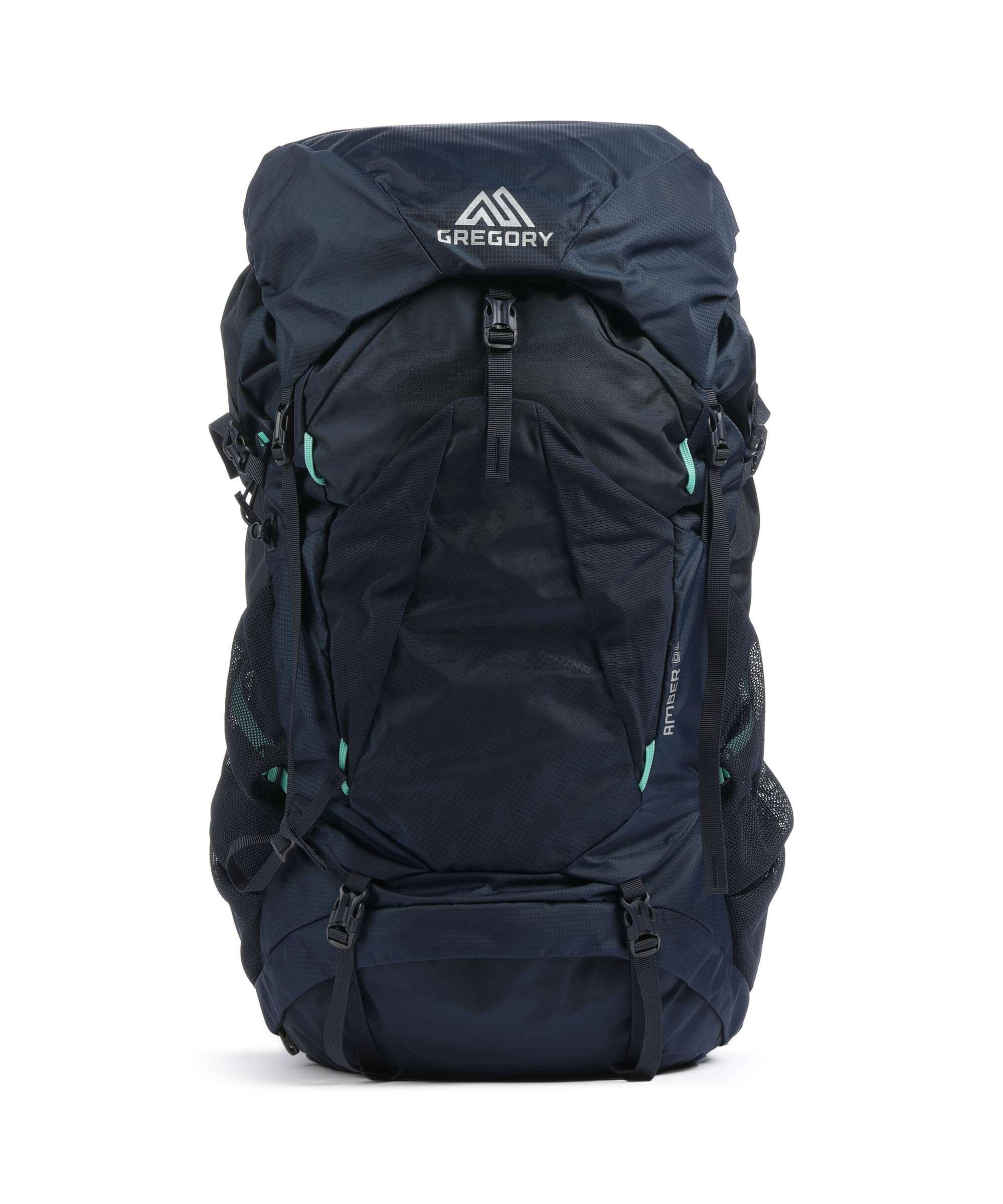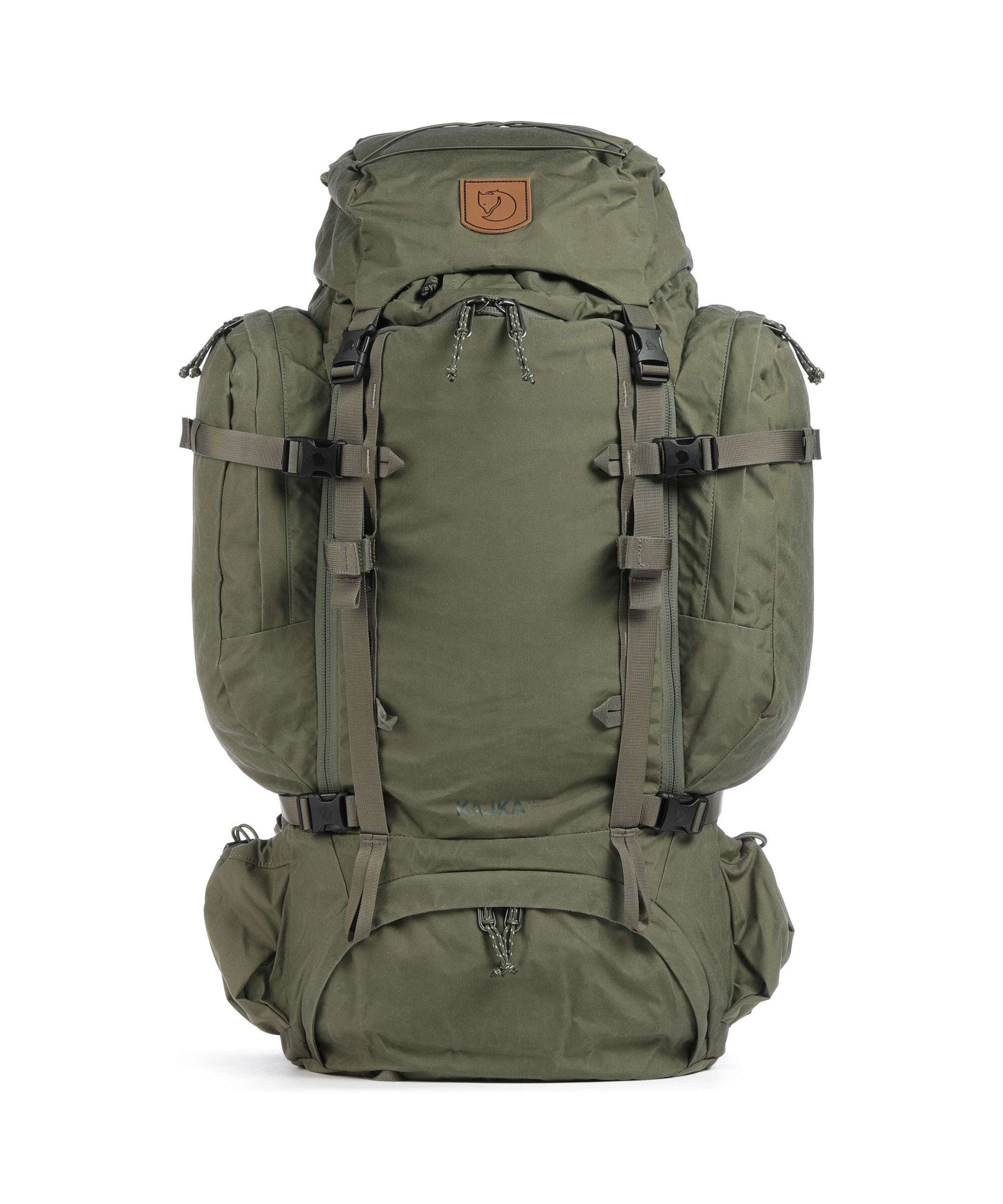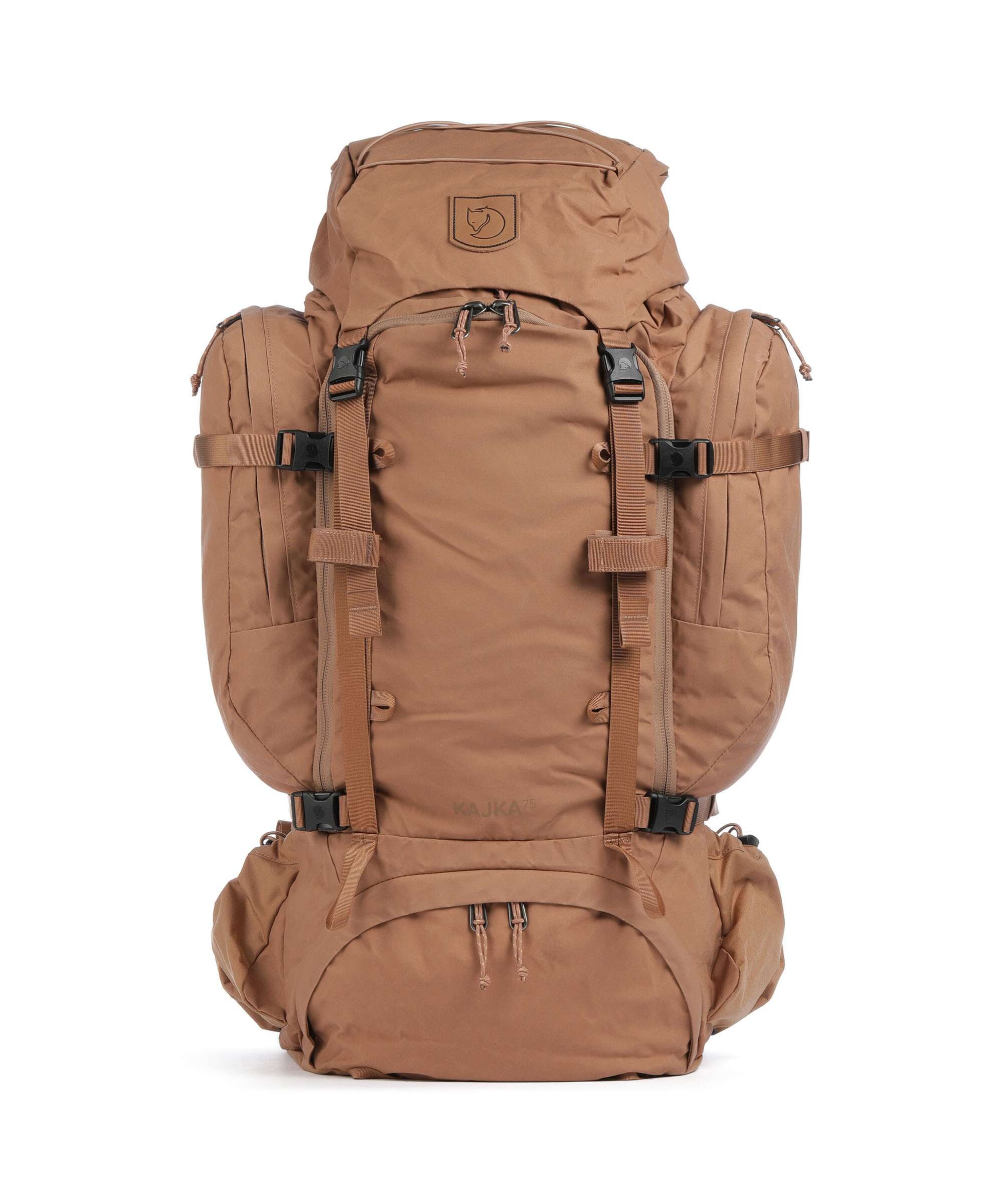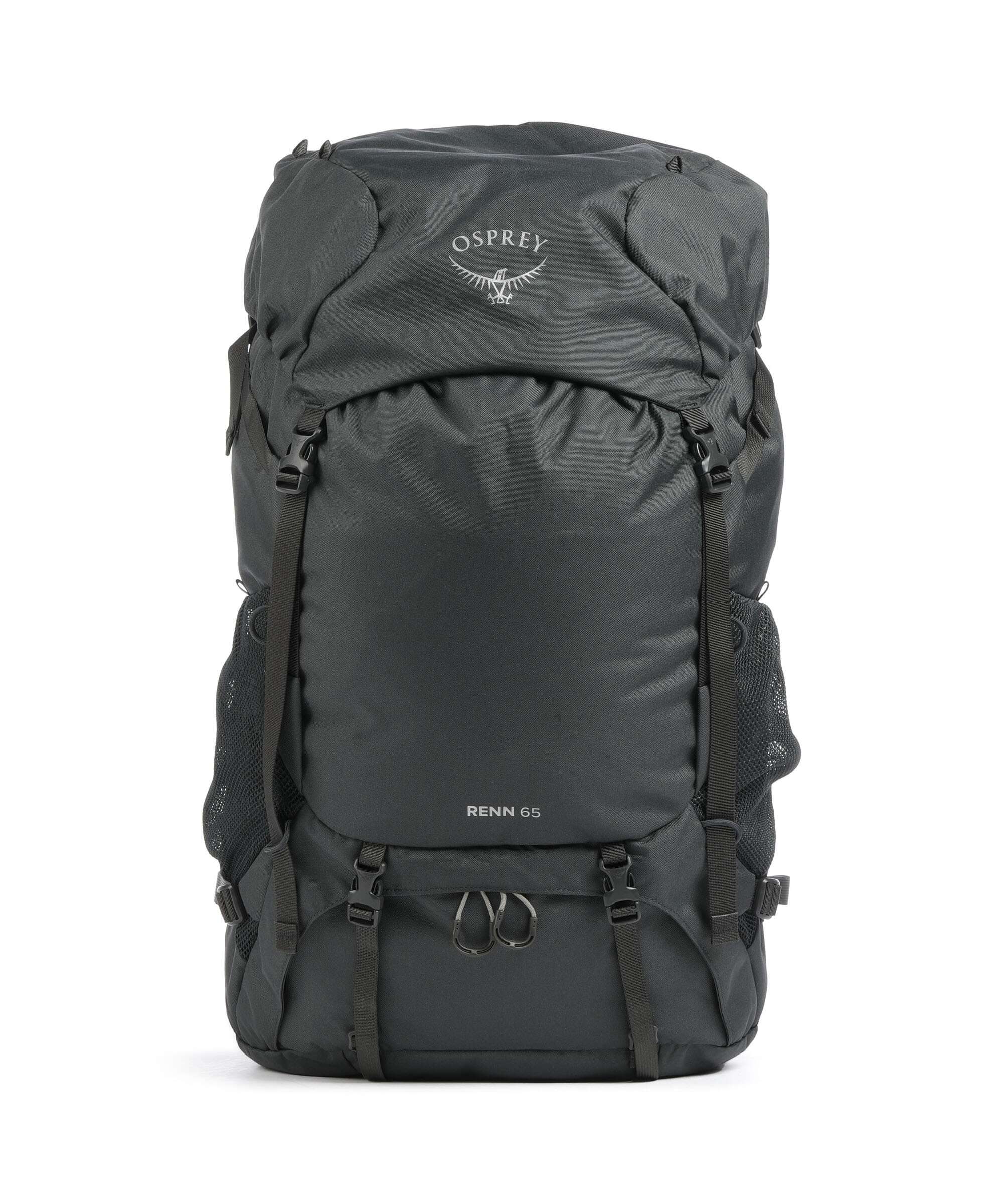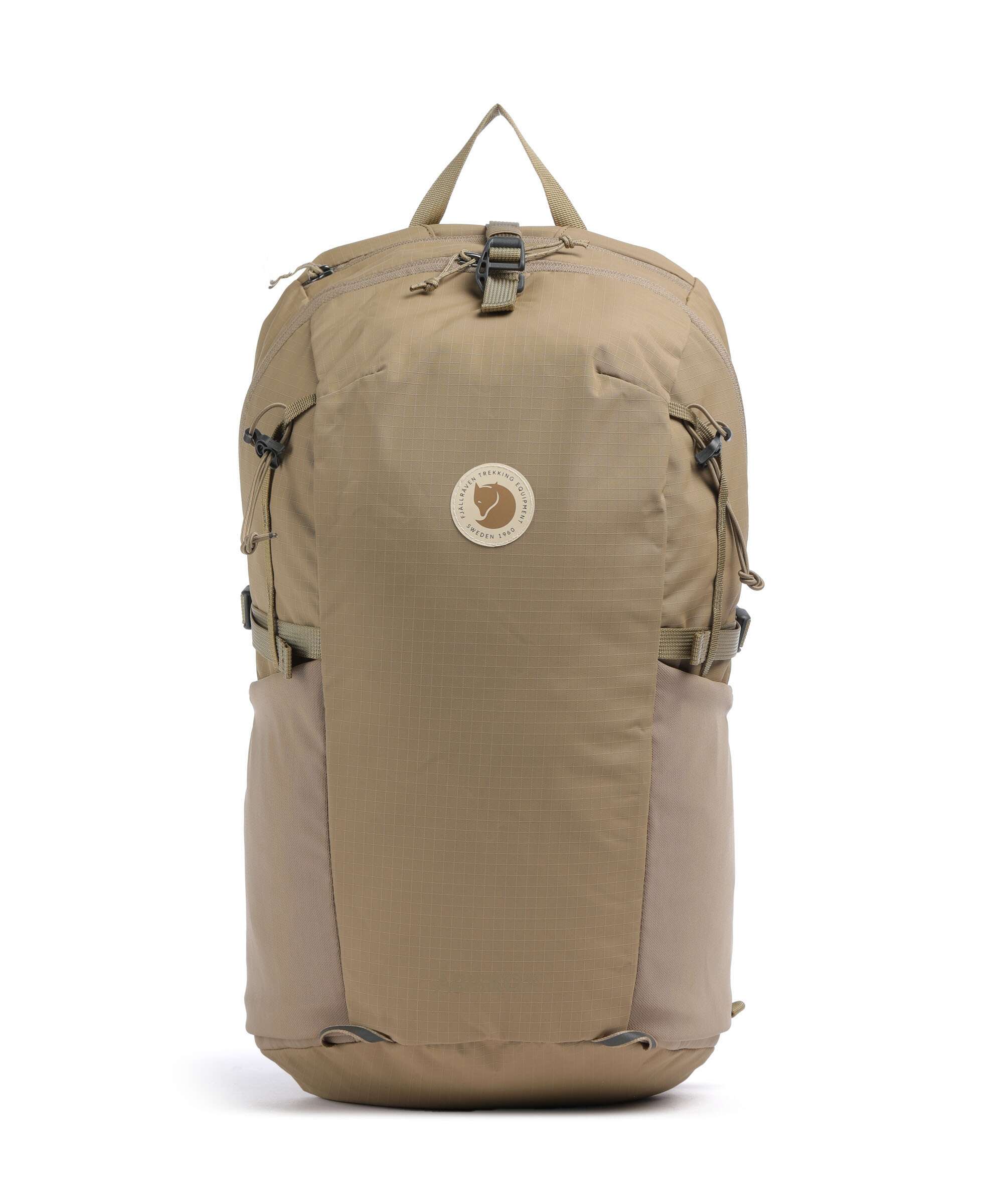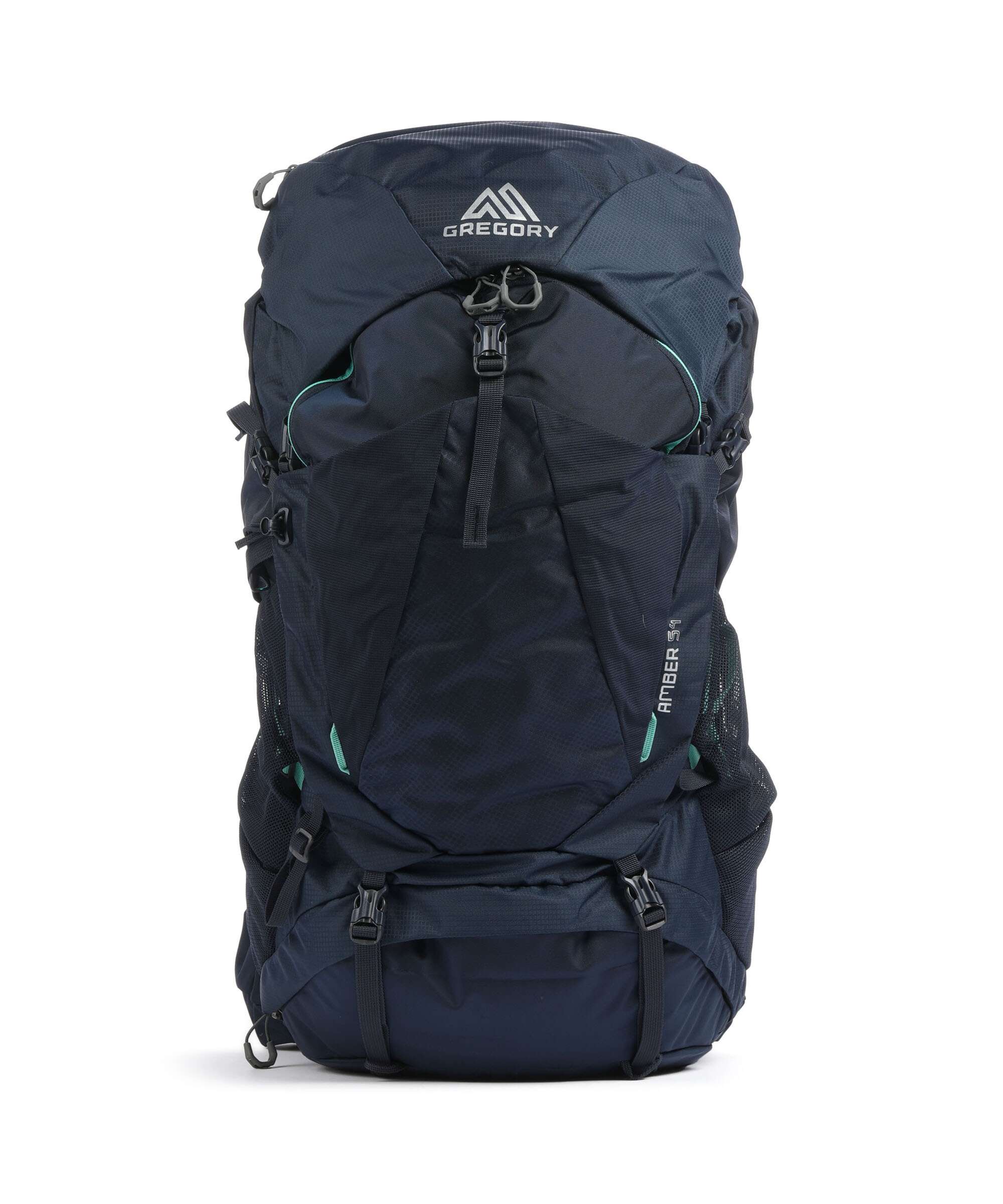Sort Featured
-
Gregory Amber 68 Plus Trekking backpack arctic navy -
Osprey Renn 50 Trekking backpack pediment grey/linen tan -
Fjällräven Kajka 75 S/M Trekking backpack green -
Fjällräven Keb 52 Trekking backpack storm/dark navy -
Fjällräven Kajka 65 S/M Trekking backpack coal black -
Osprey Renn 65 Trekking backpack dark charcoal/gray wolf -
Fjällräven Abisko 48 S/M Trekking backpack patina green -
Fjällräven Kajka 75 M/L Trekking backpack coal black -
Osprey Fairview Trek 50 Trekking backpack night jungle blue -
Fjällräven Kajka 75 S/M Trekking backpack coal black -
Fjällräven Abisko Soft 16 Trekking backpack black -
Fjällräven Kajka 55 S/M Trekking backpack un blue -
Fjällräven Abisko Soft 16 Trekking backpack mustard yellow -
Fjällräven Kajka 55 M/L Trekking backpack un blue -
Fjällräven Kajka 100 Trekking backpack green -
Fjällräven Abisko Soft 16 Trekking backpack clay -
Fjällräven Kajka 75 S/M Trekking backpack khaki dust -
Fjällräven Kajka 55 M/L Trekking backpack khaki dust -
Fjällräven Kajka 65 S/M Trekking backpack un blue -
Gregory Deva 60 RC XS Trekking backpack fog grey -
Gregory Stout 70 Plus Trekking backpack forest black -
Gregory Amber 54 Trekking backpack arctic navy -
Gregory Amber 68 Trekking backpack coral blue -
Mammut Trion 50 Trekking backpack black
Buy trekking backpacks – the perfect companion for long tours
A trekking backpack is indispensable for multi-day hikes and adventures in nature. Unlike classic hiking backpacks, it offers significantly more storage space and is specially designed for heavy loads and long distances. With a volume of 50 to 95 litres, you can easily store equipment, clothing, sleeping bags, cooking utensils, and provisions. Lightweight, ergonomically shaped models with breathable back systems that relieve the back while providing stability are especially popular. When buying a trekking backpack, pay close attention to weight: the recommended load is a maximum of one quarter of your body weight. This ensures carrying comfort even on longer stages and prevents muscle strain. Whether a weekend trip, crossing the Alps, or a multi-week trekking journey – with the right trekking backpack, you are well prepared. Models with volumes of 60 to 75 litres are particularly popular, optimally combining comfort, flexibility, and organisation. When purchasing, look for high-quality materials, thoughtful compartment layouts, and adjustable carrying systems. Those who value durable quality and an individual fit invest in a model that will reliably accompany them on many adventures for years to come.
Thoughtful features for maximum functionality
A high-quality trekking backpack impresses with an intelligent internal and external system. Typical are separate compartments – for sleeping bags, equipment, or snacks – allowing quick access to essentials. Ergonomically shaped shoulder straps, padded hip belts, and height-adjustable carrying systems ensure balanced weight distribution. In warm weather, ventilated back panels prevent heat buildup and allow skin to breathe. Practical extras such as side compression straps, attachments for poles or tents, hydration systems with hose ports, and integrated rain covers significantly expand usability. Some trekking backpacks even include an integrated whistle or reflective elements for added safety in low light. This prepares you optimally for a wide range of outdoor situations – from weekend hikes to multi-week expeditions.
Optimal fit – including models for women
The choice of the right volume depends on the length of your trip, terrain, and weather conditions. For a one-week hike, 50 to 60 litres are usually sufficient – provided the model is well structured with practical compartments. For longer trekking tours or expeditions in colder regions, a volume of 65 to 75 litres is recommended. Those travelling self-sufficiently for several weeks should opt for a model with at least 80 litres. In addition to storage space, material and workmanship are crucial: durable, water-repellent fabrics like nylon or polyester protect contents from rain and moisture. A waterproof trekking backpack with welded seams offers additional security – especially in damp or alpine regions.
A well-adjusted trekking backpack protects your back and shoulders and ensures comfortable carrying, even when fully loaded. Individual adjustment plays a crucial role: the hip belt must sit centered on the pelvis, while shoulder and load adjusters keep the weight close to the body. Women’s models offer additional benefits: shorter back lengths, narrower shoulder straps, and specially shaped hip belts provide a better anatomical fit. A trekking backpack for women is therefore not only more comfortable but also supports healthy posture on longer tours. Many of these models are also available in stylish, natural colour variants.

